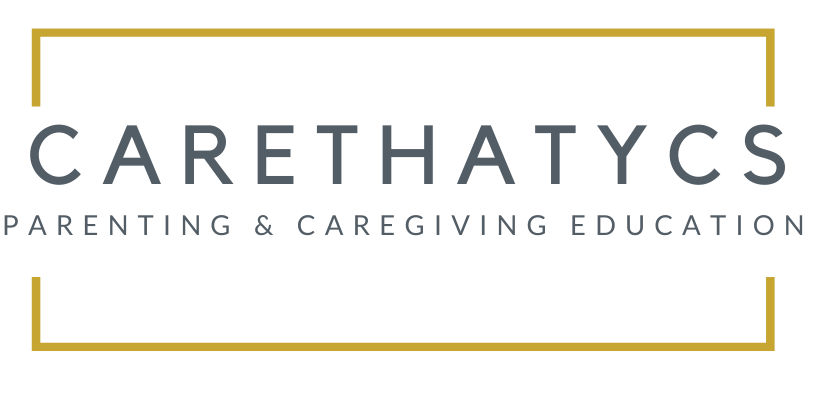Many parents feel frustrated because their children do not sleep through the night and/or alone, although this is normal with newborns and infants. Sleep through the night is a learning process, a habit that also needs to be developed. It takes time at the beginning for a baby to develop their sleeping patterns, and then it is with the help of the grownup to decode those patterns, make a few adjustments if necessary and help consolidate them. New parents are often not aware of this, but it is necessary to create and follow some rituals to help your child adapt to their new world.
Sleep is a habit!
For nine months, they lived in an environment without rules, and it is natural that your baby disregards our way of living outside the womb! Sleeping at night? Nah… I am good!!! =D lol The truth is, babies are born with a circadian rhythm that will be developed with time. Differently from adults who have deep sleep, babies’ sleep is in shorter cycles and lighter, between 30 and 50 minutes until nine months, which makes the most frequent awakenings.
Establish a routine of sleep
It is important to have a sleep routine for your baby, so they begin to understand what it is day and what it is night around the second month. Try not to let them take naps longer than 3 hours each during the day. During the night, keep a dim light or a blue light, which doesn’t interfere with the production of melatonin. Avoid bright lights and electronic screens in order to help the body understand that it is time to slow down and rest. Create a consistent routine of 3 to 5 steps before bed, for example:
bath >> books >> nursing >> crib or
dinner >> brushing teeth >> bath >> books >> sleep.
Voilà, you got yourself a simple routine to follow that will help to create a foundation for healthy sleeping habits!
Consistency and independence contribute to learning how to sleep!
You need to teach your baby to sleep on their own! I know this can be painful for you and that you will want to hold them up the whole time. However, this is key teaching, in order for them to create healthy sleeping habits now and into the future. You don’t want them to rely on sleeping crutches (such as nursing, holding, or rocking to sleep), and perpetuate their stress by becoming dependent on you, especially when you aren’t around.
If you hear your baby cry, try not to take them out from the crib as soon as you hear a fuss. Try soothing them by gently tapping their chest and shushing. Oh, and avoid eye contact at all costs! You need to provide this opportunity for your baby to learn to self-soothe, calm themselves, and consequently, go back to sleep. In the beginning, it will be difficult, indeed, nobody likes to hear a baby cry! I’ve been doing this for nearly two decades, and it is still painful! My trick? I *always* use a stopwatch! You will soon realize that one minute seems like an eternity!!!!! The stopwatch will give you a bit of comfort, so you can slowly allow your baby to self-soothe first before you jump in to get them out of the crib.
On the first night, wait for one to three minutes before “giving in” and going in, and taking them out and onto your arms; then try to leave it a few more minutes each time. If you are consistent – and persistent – they will learn quickly!
It is a short challenge – that it seems to never end – but it will provide you both with a journey of peaceful nights in just a week or two! Wouldn’t that be worth it?!
It is also important to note that many times, parents think their children are awake and ready to get up when, in fact, they are just going through their sleeping cycles, and waking up between them is normal; and still happens for us, as adults. The difference is that we already mastered this skill and are able to get back to sleep, and most of the time we don’t even realize this happens.
Also, REM sleep is lighter and can cause eye movement in the eyes or body, and even talking. Parents, anxious to put them back to sleep, may rush to get them and end up waking them up, and worse, scaring them with the sudden awakening. Hence, another reason why it is important to learn about your baby’s sleep and help them learn the habit of staying or going back to sleep between cycles.
Babies have short sleeping cycles!
This REM sleep is 50% of total sleep in newborns, reaching 30% by the age of 3 which is still much longer than in adults, which is why their sleep is light, and they wake up frequently. Healthy sleep during early childhood is imperative for a child’s development in all aspects – neurological, psychological, and psychosomatic. Parents don’t need to despair when their babies can’t sleep but need to learn techniques that help their children build and establish healthy habits, at this crucial stage.

